Is eating less always the solution? Do carbohydrates make you fat? Is nutrition just about counting calories? These are some of the most widespread, but also most mistaken, beliefs about how our bodies work.
In an episode of ZZEN Talks, we spoke with Manu Palop, dietitian, personal trainer, and educator with a deeply human and realistic view of wellness.
Drawing on his experience helping real people transform their relationship with food, Manu debunks many of the most popular nutrition myths and offers a critical look at the role of diet culture, fitness marketing, and the Body Positive movement.
Table of contents
Why do we fall for nutritional myths?
One of the key points of the episode is understanding why nutrition myths persist. As Manu explains, we live in a society that oversimplifies the human body and reduces well-being to a matter of willpower, pounds, and macros. This creates frustration and promotes a toxic view of food, where eating becomes guilt and constant self-control.
"People are not failing. They are following a system that is already designed to fail."
With this statement, Manu invites us to question the traditional model of strict diets and to reconnect with nutrition that takes into account each person's emotional, social, and metabolic context.
10 nutrition myths debunked with evidence and empathy
Throughout the podcast, we address 10 nutritional myths that are still very much present on social media, in the media, and in consultations:
1. Eating less is the solution to losing weight
FALSE. Chronically eating less causes metabolic adaptations. The body defends itself, reduces energy expenditure, and promotes binge eating.
2. Carbohydrates make you fat
FALSE. There are no “bad” macronutrients. Carbohydrates are energy and have essential functions, such as preserving muscle mass.
3. Intermittent fasting is for everyone
FALSE. It can be useful in certain cases, but it is not a magic formula. For many people with a history of restrictive diets, it can be counterproductive.
4. You should avoid eating at night
FALSE. What matters is the overall calculation and context. Demonizing a time slot is simplistic.
5. Supplements fix everything
FALSE. They are an aid, not a solution. They are not a substitute for rest, emotional management, or a balanced diet.
6. The more exercise, the better
FALSE. Overtraining without recovery leads to more stress and stalls progress. More is not always better.
7. Everything can be solved with willpower
FALSE. There are hormonal, emotional, social, and cultural factors that affect eating behavior.
8. Weight reflects health
FALSE. There are diverse body types and weight ranges that are compatible with good health. Body composition and habits matter more than the number on the scale.
9. Emotional eating is always negative
FALSE. Eating is also culture, comfort, pleasure. Demonizing it increases guilt and disconnection.
10. Natural is always better
FALSE. “Natural” is not synonymous with effective or healthy. Look at the evidence, not the labels.
The role of the Body Positive movement
Manu also reflects on the Body Positive movement, emphasizing that this is not about promoting a sedentary lifestyle or normalizing unhealthy habits, but rather to stop punishing the body and focus on real health, functionality, and the sustainability of changes.
“You can work on your body with respect rather than hatred. And that is also transformation.”
This approach connects with the values of ZZEN Labs, where we understand wellness as a balance between body and mind, not as a race toward physical perfection.
And do supplements play a role?
Yes, but as Manu rightly points out, supplements should be seen as a temporary aid within a comprehensive health strategy. At ZZEN Labs, we uphold that same philosophy: our products are designed to accompany you, not to replace your habits.
For example:
ZZEN Calm, with Ashwagandha KSM-66® and Melissa dry extract, and saffron extract, it is a natural aid for times of emotional stress, mood regulation, and rest.
ZZEN Focus, with L-Theanine, Caffeine, and Bacopa Monnieri, it can help you stay focused without feeling jittery, which is useful if you are experiencing mental fatigue.
ZZEN Sleep, With L-tryptophan, GABA, and magnesium bisglycinate, it helps improve sleep quality, a key pillar of well-being.
They are not magic solutions. They are natural tools to reconnect with yourself.
Conclusion: less judgment, more awareness
This episode of ZZEN Talks with Manu Palop reminds us that nutrition should not be approached from a place of fear, but rather from a place of knowledge and self-respect. Moving away from myths does not mean doing everything perfectly, but rather making more informed and sustainable decisions.
And if you want to start improving your well-being from the ground up, at ZZEN Labs you will find natural nootropics designed to support you, not to demand more from you.









Leave a comment
This site is protected by hCaptcha and the hCaptcha Privacy Policy and Terms of Service apply.